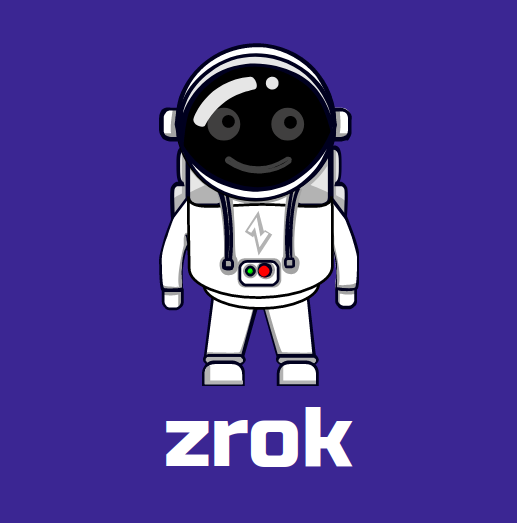zrok is a next-generation sharing platform built on top of Ziti, a programmable zero-trust network overlay. zrok is a Ziti Native Application.
zrok facilitates sharing resources both publicly and privately, exposing them to an audience you can easily control.
Like other offerings in this space, zrok allows users to create ephemeral reverse proxies ("tunnels") for http resources. Additionally:
zrokallows users to privately share resources with otherzrokusers; in private usage scenarios, your private resources are not exposed to any public endpoints; all communication is securely and privately transported betweenzrokenvironmentszrokallows sharing other types of resources; rather than just proxyinghttpendpoints,zrokallows users to easily and rapidly share files and web contentzrokis ready to be extended to easily support many kinds of decentralized resource sharing;zrokprovides a framework that makes this kind of peer-to-peer resource sharing simple and secure
Frictionless
You can be up and sharing using the zrok.io service in minutes. Here is a synopsis of what's involved.
First-time Setup
- Download the binary for your platform here
zrok inviteto create an account with the servicezrok enableto enable your shell environment for sharing with the service
And then... sharing...
zrok shareto share resources immediately, simply and securely
See the Concepts and Getting Started Guide for a full overview.
Self-Hosting
zrok is designed to scale up to support extremely large service instances. zrok.io is a public service instance operated by NetFoundry using the same code base that is available to self-hosted environments.
zrok is also designed to scale down to support extremely small deployments. Run an OpenZiti network with zrok layered on top of it on a Raspberry Pi!
The single zrok binary contains everything you need to operate zrok environments and also host your own service instances. Just add a Ziti network and you're up and running.
See the v0.3 Quick Start for details on getting your own zrok service instance running. This builds on top of the Ziti Quick Start to have you running a zrok service instance in minutes.
